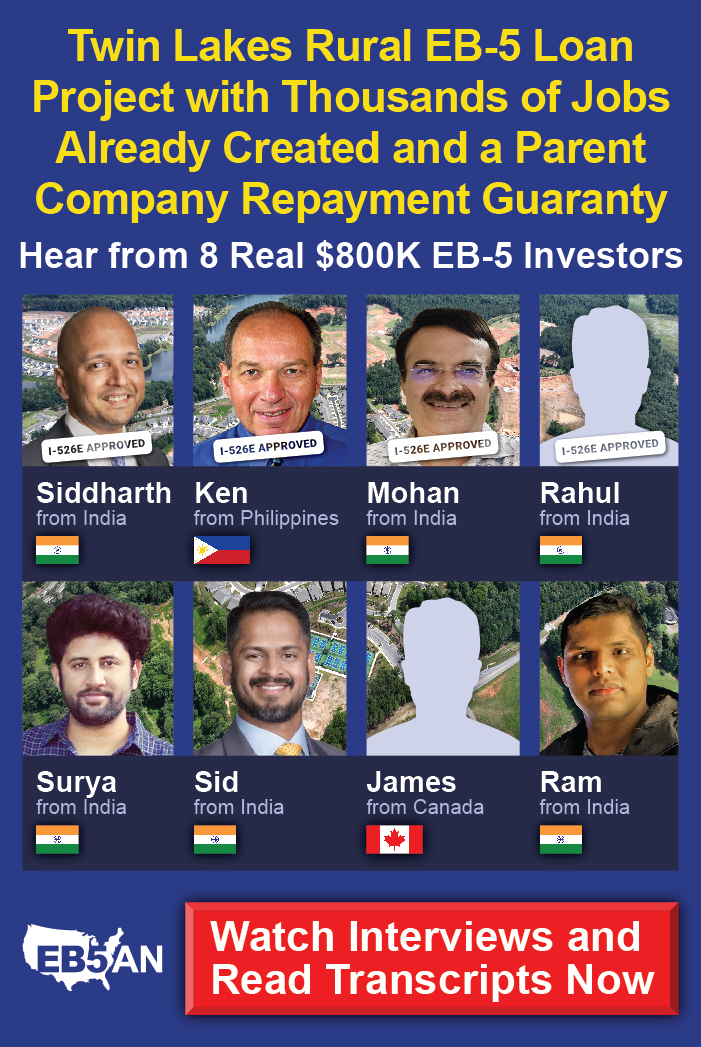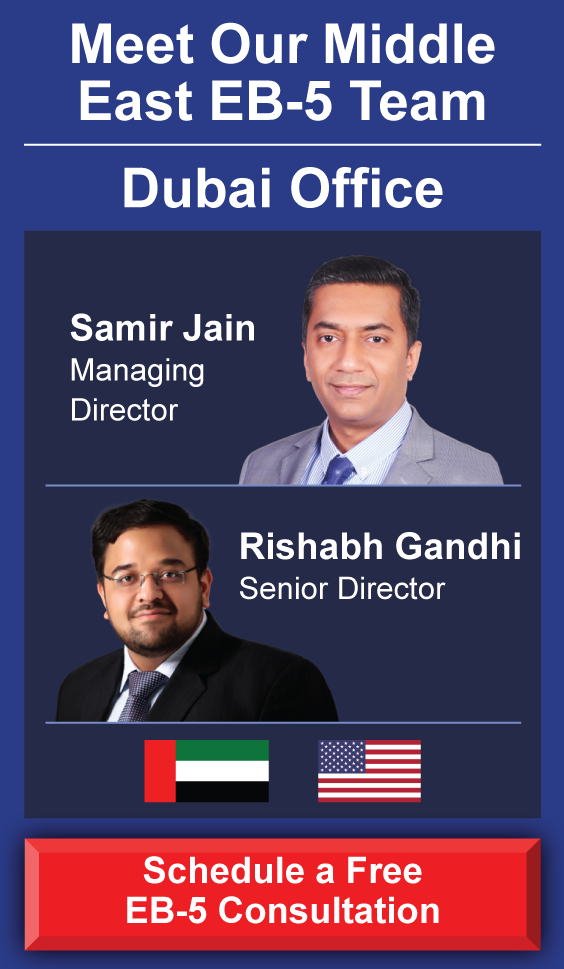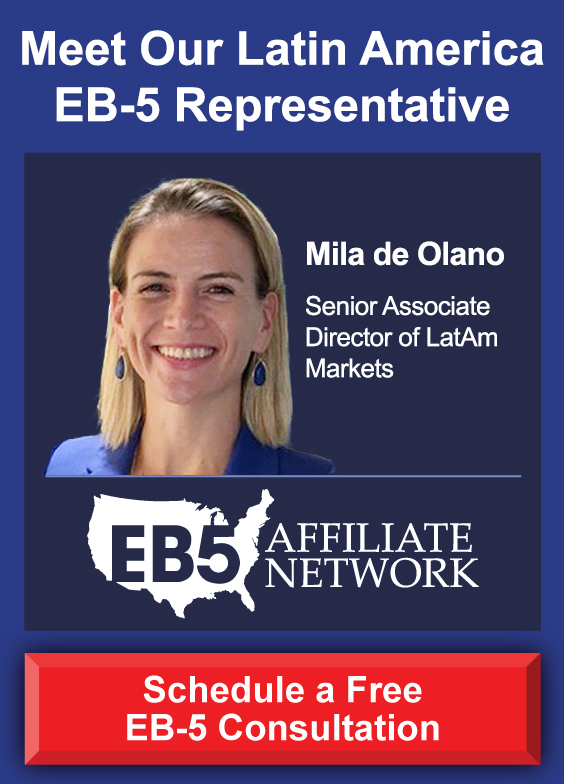The Securities and Exchange Commission (SEC) is the government body responsible for enforcing U.S. securities law and investigating complaints of fraud or misrepresentation to investors. Under U.S. law, a security is defined as any investment contract or evidence of indebtedness such that a monetary investment has been made in a common enterprise and that the investor expects profits from the efforts of a third party. As such, EB-5 projects fall under this definition and thus under the investigatory purview of the SEC.
The SEC has recently demonstrated its vigilance in pursuing charges of fraud in connection with the EB-5 Program, with a trend of rising enforcement in this regard. Sellers of securities, such as EB-5 developers and marketing teams, must therefore take every precaution to ensure they comply with SEC regulations and avoid the legal and financial strain of an investigation. The SEC provides a crucial service to both investors and securities sellers, protecting their interests by maintaining the legitimacy of the EB-5 Program. Sellers can therefore benefit from understanding how the SEC conducts its investigations and taking proactive steps to protect themselves and their investors.
Reasons for an SEC Investigation
The SEC may choose to investigate an EB-5 project for either or both of two reasons: The first is an investor complaint, and the second is a tip from another government agency such as United States Citizenship and Immigration Services (USCIS), which administers the EB-5 Program. In either scenario, the SEC will use the provided information to launch its own investigation of the project in question.
In a case where an investor feels the nature of an investment has been misrepresented, the SEC will review the private placement memorandum (PPM) provided to investors by the project. While misrepresentations can be caused by translation issues and other language barriers facing foreign investors, project developers and marketers should take care not to offer investors any guarantees or unrealistically high returns, which the SEC will view as an indicator of potential fraud.
The PPM must clearly and accurately outline the objectives and terms of the investment as well as its risks. This serves the dual purpose of providing investors the information they need to make informed decisions and protecting the securities seller from liability through full disclosure of material risks. Sellers must disclose all intended uses of the investment, including any fees paid to brokers or other agents. Funds must be used exactly as disclosed to investors, as any other use is considered by the SEC to be a material deviation worthy of investigation.
SEC Investigation Procedures
The first step in an SEC investigation is to speak with any EB-5 investors involved with the project in question. The SEC will use these conversations to form a picture of what investors have been told about a project and what documents they have been provided. The SEC may additionally seek to speak with any brokers of the EB-5 project and may subpoena project developers and marketers to collect any communications with investors, corporate documents and financials, and agreements between investors and the project. This subpoena is often the first sign project developers will receive of an SEC investigation.
At this stage, those who have been subpoenaed must seek the assistance of an attorney experienced in dealing with the SEC. Those who have received a subpoena will generally also be called in for additional individual testimony, during which they will be asked questions under oath about the project and about materials provided to investors, and it is crucial for the project that an attorney be present during testimony. Even in cases where no fraud has occurred, an attorney can work with the SEC to clear up any concerns and prevent the investigation from evolving into a federal suit.
SEC Enforcement of U.S. Securities Law
If the SEC determines after reviewing the subpoenaed documents and testimony that enough evidence of fraud exists, it will choose to file a federal or civil suit against those responsible for the fraudulent EB-5 project. Two recent cases stand out in this regard, both involving investors misled under the guise of an EB-5 project.
The 2013 judgement in SEC v. A Chicago Convention Center stands as a significant victory against fraud within the EB-5 Program. In its suit, the SEC alleged that the project promised to return any administrative fees to the nearly 300 investors involved in the event their EB-5 visa applications were denied. However, the $11,000,000 in question was spent on luxury items before the investors had the chance to even submit their petitions. Anshoo Sethi, a developer in the project and one of the defendants, has since pled guilty to charges of wire fraud and making false statements, and he faces up to 20 years in prison as well as repayment of all administrative fees collected.
The second case is that of SEC v. Marco A. Ramirez et al., in which the SEC alleges that a Texas couple defrauded foreign investors of $5,000,000 under the guise of an EB-5 project. While the defendants guaranteed the investors a 5% return as well as an EB-5 visa, the corporation had yet to be designated as a regional center under the program, and the couple spent investor money on personal items and repayments to other investors rather than holding it in escrow as promised. EB-5 professionals are waiting with interest for a judgment in this case, which is still pending.
The EB-5 Program creates a prime opportunity for misrepresentation when project developers and marketers neglect to properly inform investors of the terms and risks of their investments. The SEC, often working on tips from investors who have fallen victim to fraudulent actions on the part of such developers, has recently focused its efforts on ensuring transparency within the program by rigorously investigating all complaints. These investigations often involve a deep examination of corporate documents as well as testimony by those involved, so project developers and marketers must ensure they comply with U.S. securities law to proactively prevent the need for an investigation. The counsel of an experienced SEC defense attorney is also invaluable in clearing up misunderstandings as they arise and protecting the integrity of the project.
By informing themselves of SEC procedures as well as the requirements of U.S. securities law, project developers can work with the SEC to ensure transparent and legal application of the EB-5 Program.











